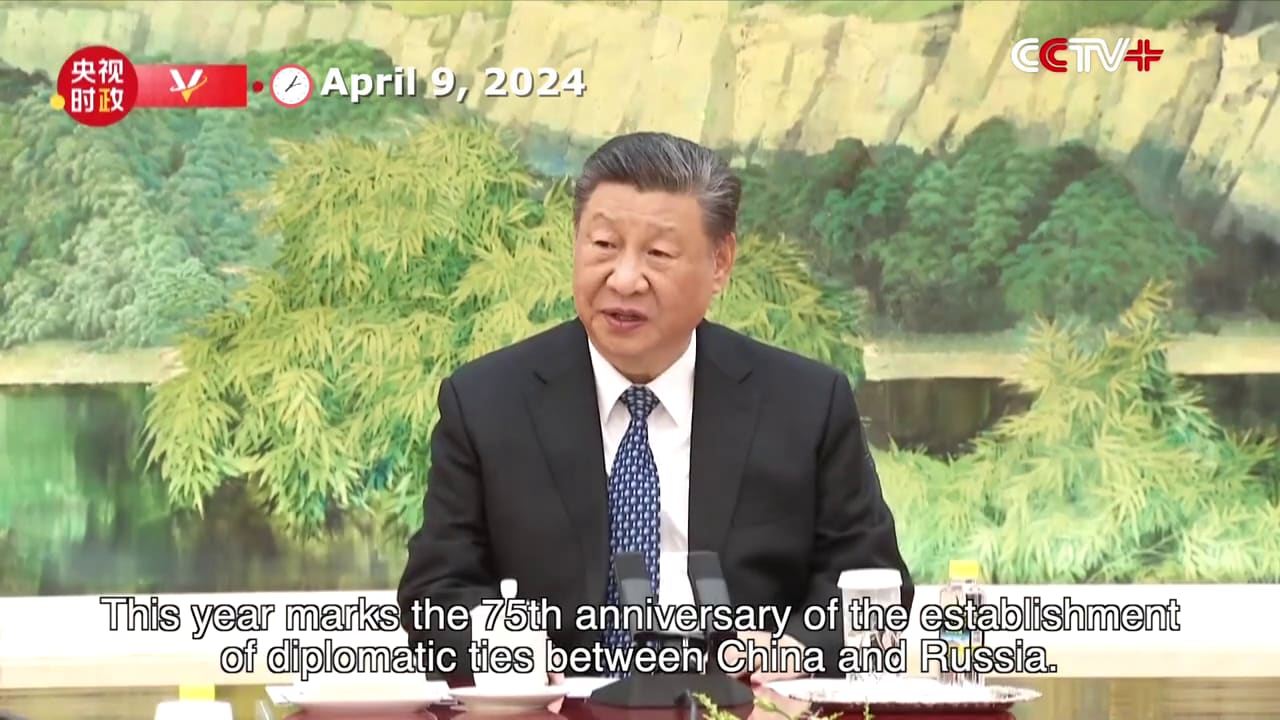
Following are excerpts from an interview with Roger Edde, head of the Lebanese Peace Party, which aired on ANB TV on June 29, 2006.
Interviewer: The culture and language of war, which, in your view, is prevalent in Lebanon, is what led you to establish the Peace Party.
Roger Edde: I believe that the Peace Party will be successful in spreading the culture of peace in political life, in universities and schools, and in daily life. If you noticed, in my speeches I focused on the danger inherent in [slogans like] "So-and-so, and no one else," "So-and-so sucks my blood," and "I love my gun"... All these slogans exist in our tradition... "Our soul and our blood we will give to you." All these slogans are part of our tradition of tribal and sectarian bravado, which has spread throughout the Arab world. Such slogans cannot build a civilized culture. We must build a civilized culture, which is based on the culture of peace and good citizenship.
[...]
Interviewer: Would your party agree to the signing of a peace treaty with Israel?
Roger Edde: First of all, we believe that non-violent resistance is more effective than any kind of violent resistance.
Interviewer: Has this been proven by history?
Roger Edde: Yes, this has been proven by history, especially with regard to the Palestinian issue.
Interviewer: Especially in the Palestinian issue?
Roger Edde: Yes. Every time we adopted a rejectionist position - we Arabs, even before the Palestinians - Israel gained more time to expand. 1948 marked the first Arab rejection. After 1948... This logic became prevalent among the more moderate pan-Arabists, our friends. At a certain point, we thought Israel would be like the Crusaders - how long could it possibly survive? 200-300 years? [Eventually] we would eradicate Israel. We adopted a rejectionist position, without taking into consideration that this would allow Israel to appear to the world as the victim, and use it to buy arms, to gain support, and so on.
[...]
Since 2000, when Israel decided to withdraw from Lebanon, just like it recently withdrew from Gaza, and like it is threatening to withdraw to the line of the separation fence, which it is marking in Palestine... When Israel withdrew, some Lebanese areas remained occupied, or so claims Hizbullah. But Hizbullah did not liberate an inch of it by force, and it does not look like it is about to. Therefore, liberation will take place only through negotiations and compromise.













